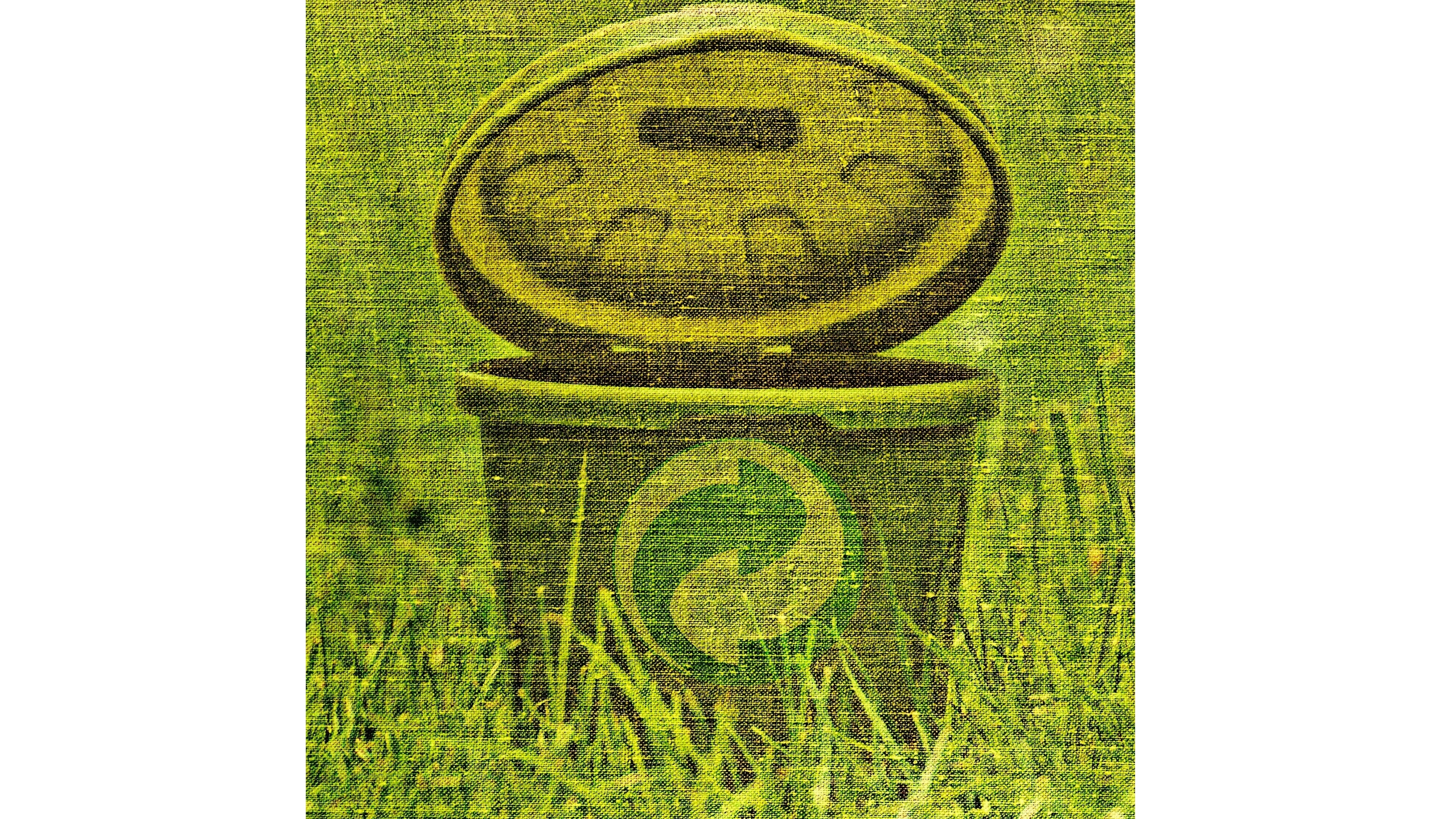In trade and industry, waste is generated in addition to the desired products. Production residues, packaging, used batteries, used oil or waste electrical and electronic equipment as well as demolition and construction waste must be disposed of in accordance with regulations. The central regulation is the Closed Substance Cycle Waste Management Act, which was last amended in December 2020.
It further tightens the obligation to avoid waste. Companies must record waste according to type and quantity, collect it separately and organize its disposal. Special regulations apply to hazardous waste.
The Closed Substance Cycle Waste Management Act (KrWG) is the central regulation in waste law. According to the waste hierarchy, waste prevention has the highest priority. This is followed by preparation for reuse (testing, cleaning or repair), recycling, other recovery, in particular energy recovery and backfilling. Waste that cannot be recycled must be disposed of. In doing so, health and environmental protection must be ensured.
In practice, companies must record waste by type, with waste designation and waste code. The quantities and costs incurred should also be recorded in such a waste register. The overview then also shows potential savings for disposal.
If a management system has been set up in accordance with ISO 14001 or EMAS, environmentally relevant data must be collected and targets set. In terms of waste, this means that types and quantities must be determined and targets for prevention or reduction must be set, especially for hazardous waste. It must then be monitored whether the defined targets are achieved.
www.qumsult.de


